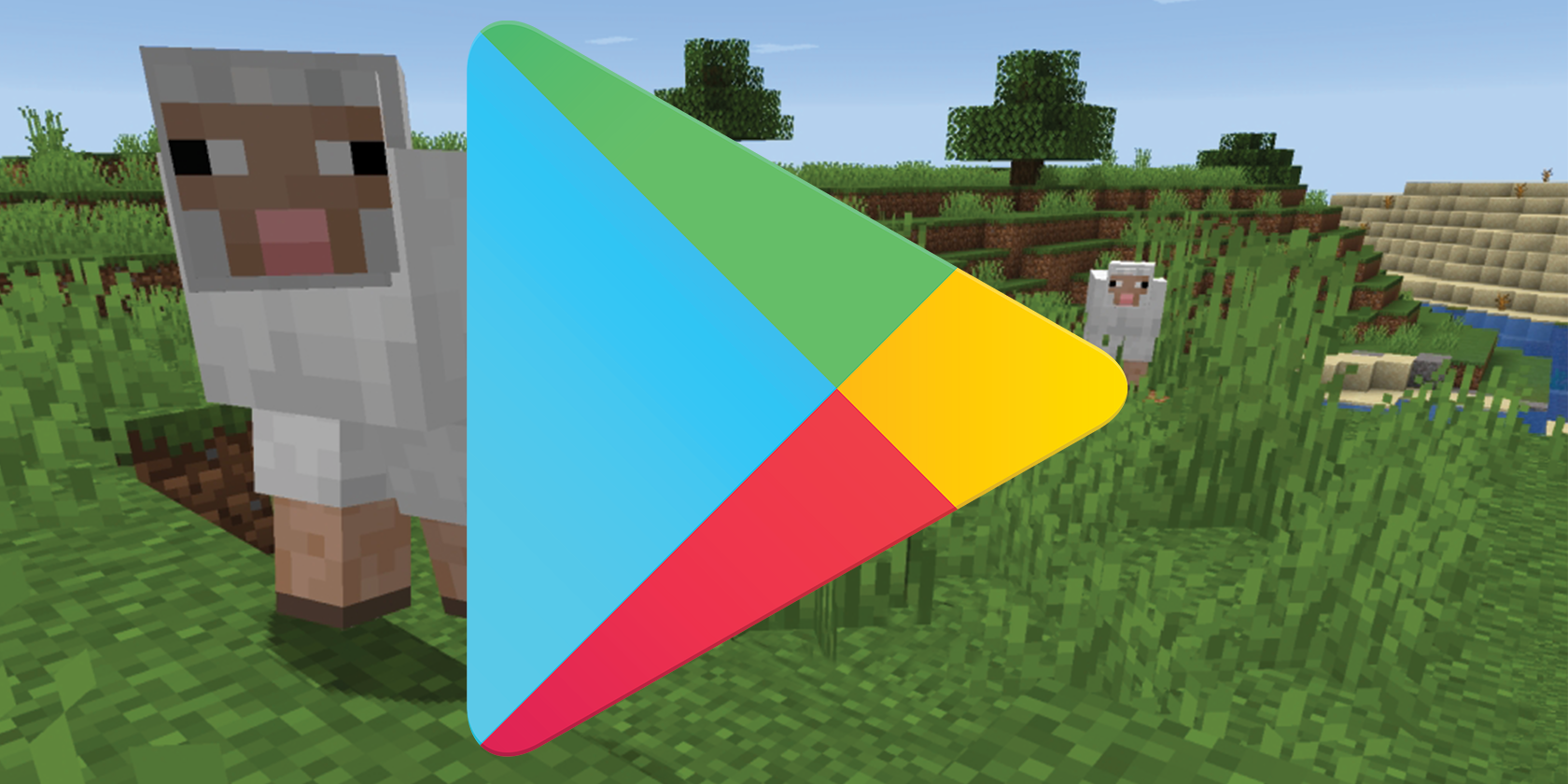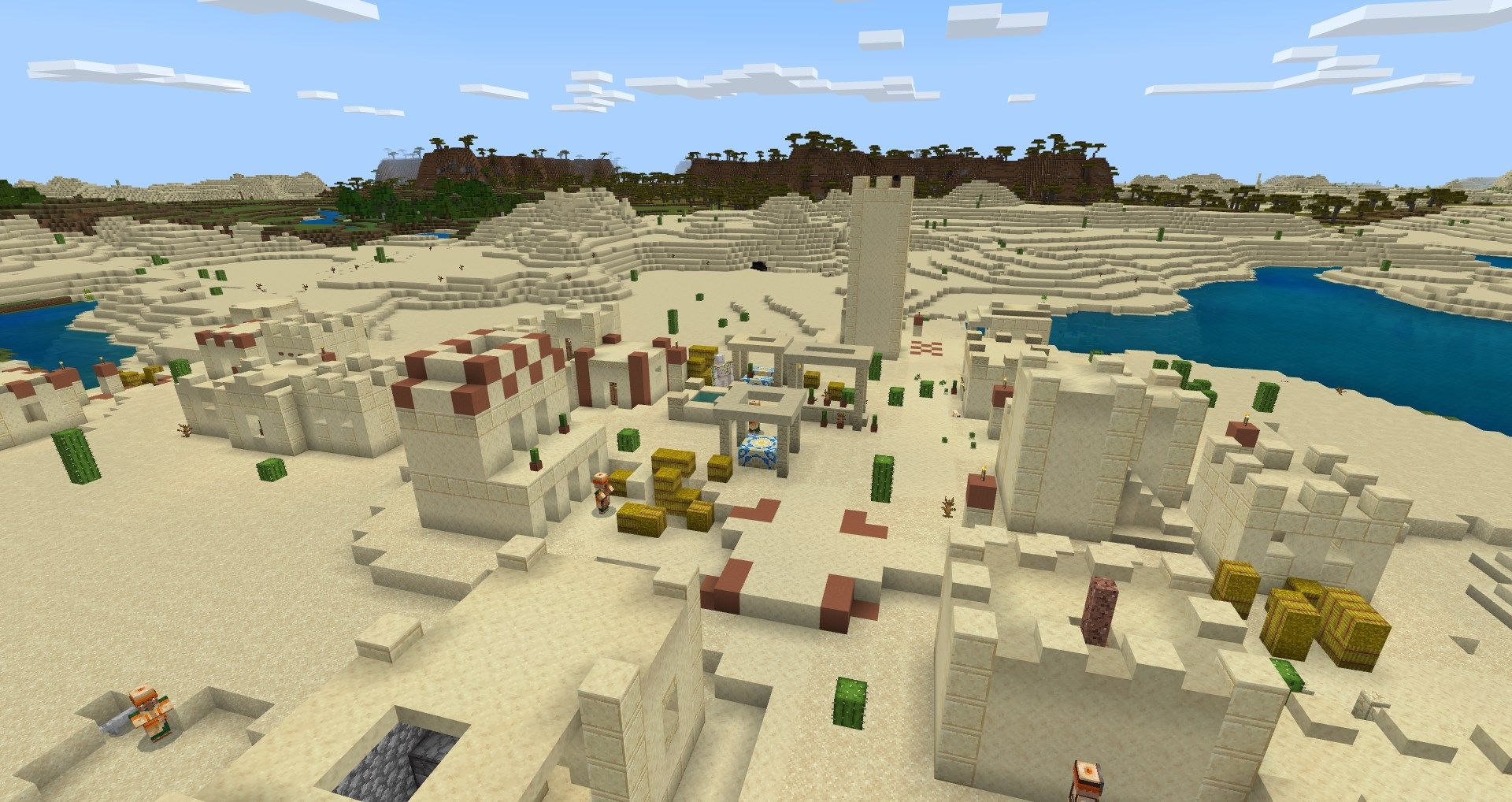According to digital security experts, Minecraft players who use the Google Play Store to download unofficial third-party apps have come under threat.
If you download apps related to the extremely popular title, most of which modify the game in some way, you may have opened yourself up to some real-life Creepers and it could be costing you real-life money.
Minecraft Users Get Targeted by Rogue Apps
In a recent press release, Avast has identified several apps that are harmful to Minecraft players and also to a handful of Roblox players.
These apps are also known as fleeceware. Not because they're cute and blocky like Minecraft sheep, but because they fleece their subscribers out of their hard-earned money.
The apps work by luring Minecraft or Roblox fans in with attractive deals, such as new skins for characters or in-game modifications that can change the way you play entirely.
These sign-up deals are usually only available for a couple of days, during a trial period. After the very short trial period, anyone who has signed up for the app will start being billed quite substantial sums of money. If you forget to unsubscribe, it could cost you a fortune.
A Multi-Million Dollar Minecraft Scam, Potentially
You only have to look at the figures Avast has unearthed to see how much money these scammers are actually making. Most of the apps are charging $30 a week, with most of those having over a million downloads each.
Obviously, the number of downloads isn't necessarily equal to the number of active subscriptions, but if any of those apps have managed to charge every single one of those downloads a subscription fee, we're looking at around $30 million over the lifetime of the app.
Which Apps Are Harmful?
The following apps are those that Avast has reported to Google as being fleeceware. We have included the subscription fees and duration with each app, as well as the link to each app so that you can check if you are currently subscribed to it.
- Skins, Mods, Maps for Minecraft PE (over 1 million downloads, $30/week)
- Skins for Roblox (over 1 million downloads, $30/week)
- MasterCraft for Minecraft (over 1 million downloads, $30/week)
- Master for Minecraft (over 1 million downloads, $30/week)
- Boys and Girls Skins (over 1 million downloads, $30/week)
- Maps Skins and Mods for Minecraft (100,000 downloads, $30/week)
Avast notified Google of these apps along with several others not related to Minecraft.
We spoke to Avast to find out what Google's response was to this threat.
Malware Analysis Team Lead at Avast, Ondrej David, who uncovered the existence of the fleeceware apps, told us:
Google determined that three of the 10 reported apps went against the Play Store policies, but the remaining ones technically do not. We still see them as scam apps focused on ripping off the end-user as much as possible, as $30/week for the advertised functionality seems unreasonable.
So, is Google actually doing enough to protect its customer base from these fleeceware merchants? On the face of it, it doesn't look appear so.
How Can You Remove the Apps?
Fortunately, the apps can be deleted from your phone. However, if you have subscribed to them, you need to head to the "Subscriptions" menu in Google Play Store and end the subscription too.
If you don't do this, you will still be billed as if you are using the app, so it is vital that you remove the subscription as well.
Are There Any Other Fleeceware Apps?
According to Ondrej David, fleeceware is becoming more prevalent as time passes by. The reason for this is that it "rides on the waves of popularity of other apps, using big names like Minecraft to gain profit."
So to answer the question, yes there are other fleeceware apps. David goes on to explain that these apps tend to do well "as people searching for game titles or their expansion packs tend to click through and accept pop-ups without even realizing what they're subscribing to."
The danger doesn't just apply to adults either. Children can easily fall prey to these apps, too. Avast's malware team lead tells us that kids tend to "click through the initial screens just to get to the content without realizing the app is in fact not free as advertised."
Fleeceware Apps Are Never a Good Deal
As Ondrej David tells us:
All of this leads me to a single conclusion: these apps are purposefully built to lure users into spending their money without realizing it, and not in insignificant amounts either. Such activity is in my opinion a scam and users need to be doubly diligent when downloading apps of any kind, especially if their disingenuity does not constitute app store policy violations.
So, there we have it. Fleeceware is always intended to line the pockets of its developers, benefitting them significantly more than those who subscribe to the apps.
You should always keep yourself safe when downloading apps. Check that they are legitimate and do some research, starting by reading the reviews on the Google Play Store. Don't forget the old adage that if it seems too good to be true, it probably is.


